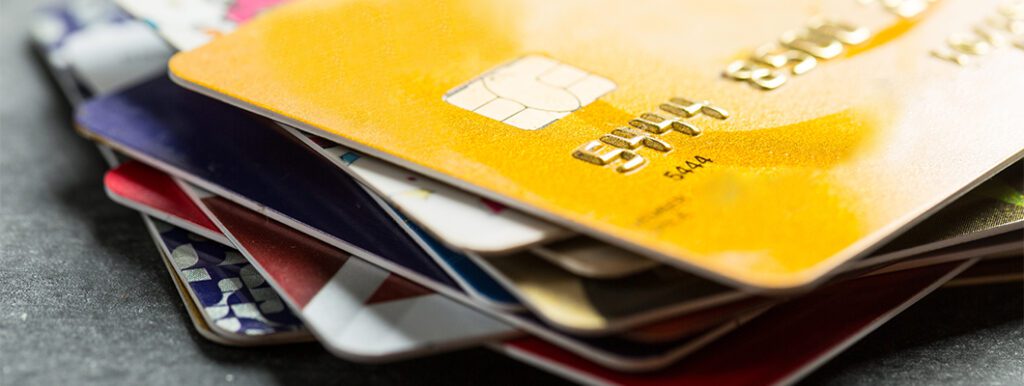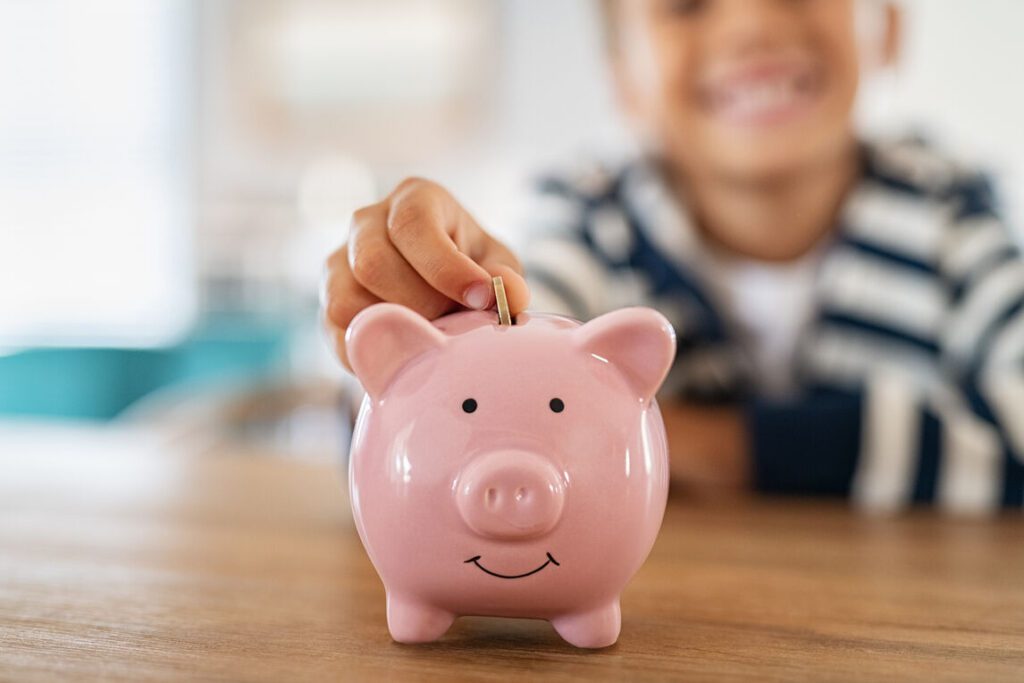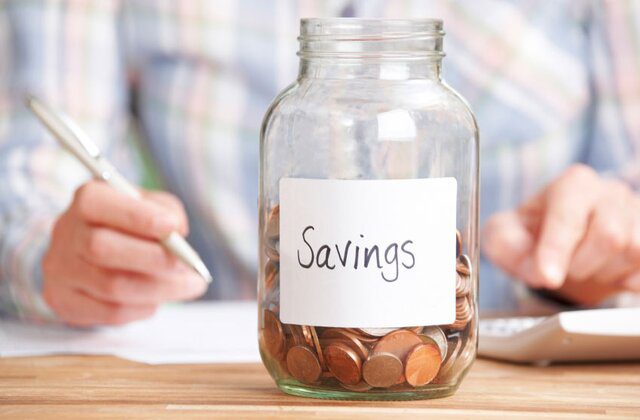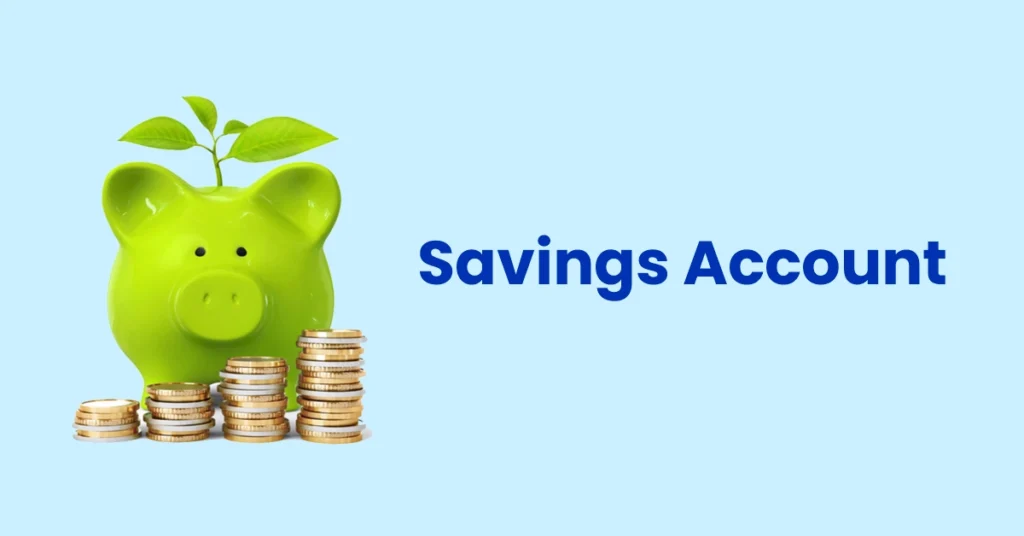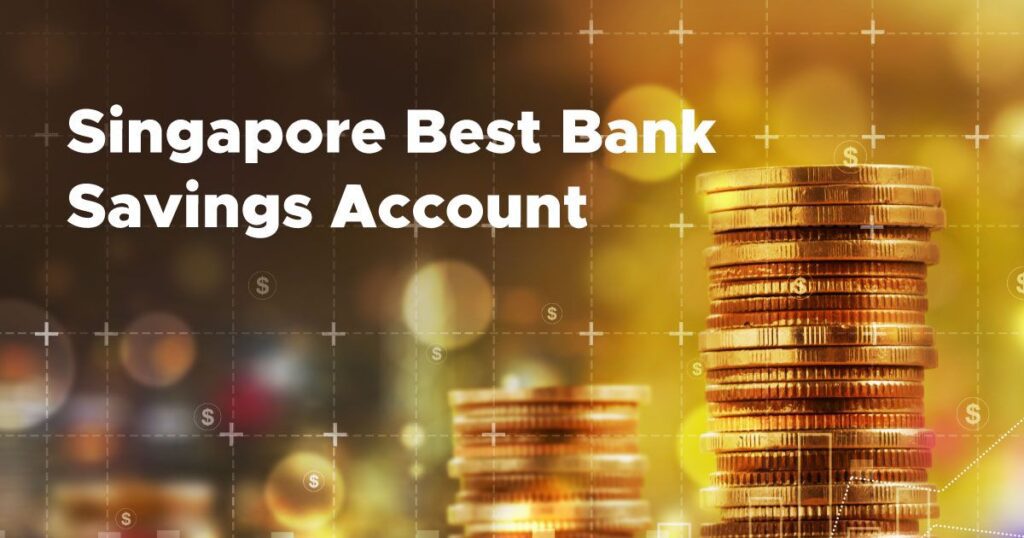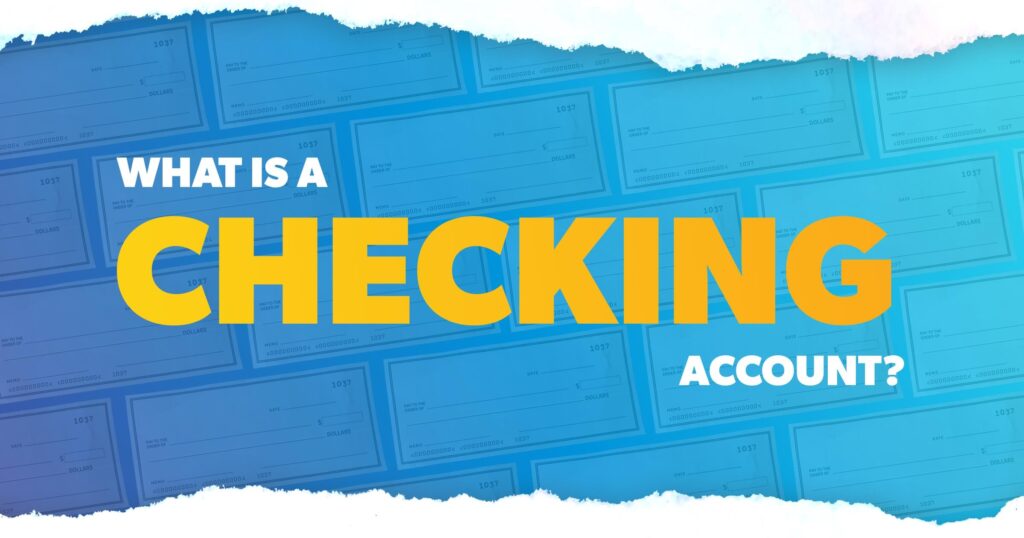Bank Card Account Guide: Must-Have Tips for Best Benefits
When it comes to managing your finances, understanding the ins and outs of your bank card account can make a significant difference in how you save, spend, and even earn rewards. A bank card account isn’t just a simple tool to access your money; it’s a gateway to various benefits that can enhance your financial health when used wisely. Whether you’re new to banking or looking to maximize the perks on your current cards, this guide will walk you through essential tips to get the most out of your bank card account.
What Is a Bank Card Account?
A bank card account typically refers to any account linked to a debit, credit, or prepaid card issued by a financial institution. These cards allow you to perform transactions such as purchases, cash withdrawals, and online payments without carrying cash. However, each type of card comes with different features, fees, and benefits that can influence your financial decisions.
Understanding the Different Types of Bank Card Accounts
Before diving into tips, it is crucial to differentiate between the common types of bank card accounts:
– Debit Card Accounts: Directly linked to your checking or savings account; transactions deduct funds instantly.
– Credit Card Accounts: Give you the ability to borrow money up to a predetermined credit limit, which you repay later with possible interest.
– Prepaid Card Accounts: Require you to load money onto the card before spending, offering a controlled spending method.
Knowing these distinctions helps tailor your card usage strategy for better control and benefits.
Must-Have Tips for Best Benefits on Your Bank Card Account
1. Choose Cards with Rewards That Match Your Lifestyle
One of the biggest advantages of certain bank cards, especially credit cards, is their rewards programs. These may include cashback, travel points, or discounts on specific purchases. Analyze your spending habits and select a card that offers benefits aligned with your needs—travel lovers might prefer cards with airline miles, while everyday shoppers may benefit from cashback on groceries or fuel.
2. Regularly Monitor Your Transactions and Statements
Maintaining vigilance over your account activities is crucial. Consistently review your bank statements and transaction history to catch unauthorized charges, errors, or fraudulent activity early. Many banks offer alerts and mobile apps that notify you instantly of card usage, enabling prompt action if something seems suspicious.
3. Maximize Interest-Free Periods
For credit card users, taking advantage of the interest-free grace period can save you money. This period typically ranges from 20 to 55 days, during which you can pay off your balance without incurring interest. Always strive to pay your full statement balance within this window to enjoy interest-free credit and avoid mounting debt.
4. Understand Fees and Avoid Unnecessary Charges
Bank cards often come with various fees—annual fees, foreign transaction fees, cash advance fees, and more. Before applying for or continuing to use a card, understand these charges thoroughly and consider whether the benefits outweigh the costs. For example, if you frequently travel abroad, a card with no foreign transaction fees is indispensable.
5. Utilize Contactless and Mobile Payment Features
Many banks now equip cards with contactless technology or integrate with mobile payment apps. These features enhance convenience and security. Contactless payments reduce the time spent at checkout, and mobile wallets add an extra layer of protection since your card details are never shared directly with merchants.
6. Keep Your Credit Utilization Low
Your credit utilization ratio—the percentage of your available credit you use—is a major factor impacting your credit score. Aim to keep it below 30%. This means if your credit limit is $5,000, try not to carry a balance exceeding $1,500. Lower utilization indicates responsible credit management, which can improve your chances of loan approvals at better rates.
7. Update Your Card Information Promptly
When you change your address, phone number, or other personal details, update your bank card account information immediately. This ensures you continue receiving important communications and statements without interruption. Additionally, if you lose or have your card stolen, report it right away to prevent any unauthorized spending.
8. Take Advantage of Customer Service Perks
Banks often provide customers with various perks such as travel insurance, purchase protection, and concierge services. Familiarize yourself with these features and don’t hesitate to use them. Reading through the cardholder agreement or bank’s supplement material can reveal hidden benefits that enhance your overall banking experience.
Conclusion
A bank card account is more than a transactional tool—it’s a powerful financial resource that, when managed correctly, can offer significant advantages. By selecting the right card, staying vigilant about your transactions, avoiding fees, and leveraging rewards programs, you can optimize your banking experience for financial growth and security. Always keep informed about your bank’s policies and the evolving features of cards to stay ahead and make the most of what your bank card account has to offer.

